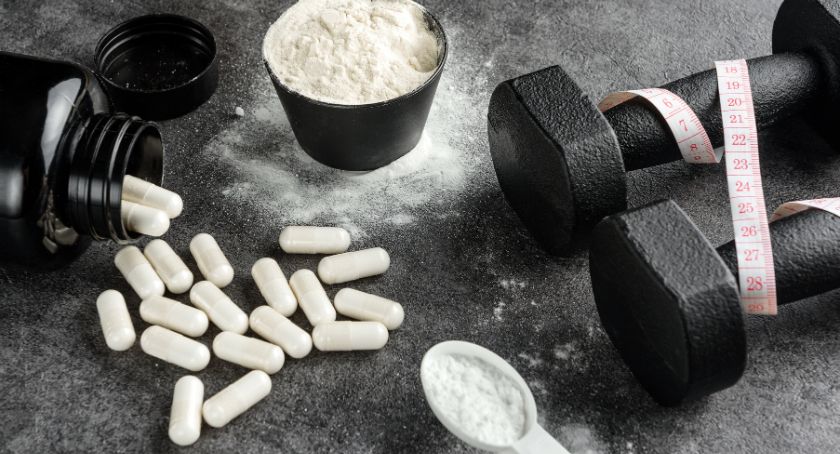Regulations
Creatine Supplements Are ‘Safe,’ ‘Beneficial,’ and Shouldn’t Be Restricted: ISSN
The International Society of Sports Nutrition is pushing back against legislation seeking to place age restrictions on muscle-building and weight loss supplements.

By: Mike Montemarano

Photo: Аlexey Koza | Adobe Stock
As more state legislatures introduce bills seeking to ban the sale of supplements marketed for muscle-building or weight loss to minors, the International Society of Sports Nutrition (ISSN), denounced efforts to restrict minors’ access to dietary supplements.
The organization noted that creatine is a naturally occurring compound critical in cellular metabolism, with a creatine need ranging from about 2-4 grams per day, depending on muscle mass and activity levels. Half of this creatine is synthesized endogenously from amino acids, and stored as free creatine or phosphocreatine in muscle, brain, heart, and other tissues. The remaining needed creatine is sourced from meat and fish. One pound of red meat or fish, for instance, contains between a gram or two of creatine. Creatine changes to phosphocreatine in cells, and this compound is vital in maintaining cellular energy availability, particularly during metabolically stressful conditions like intense exercise, periods of injury or illness, and some metabolic diseases, ISSN reported.
In children and adolescents, creatine promotes normal energy metabolism, and healthy growth and maturation. Low dietary creatine intake is associated with slower growth, less muscle mass, and higher body fat in children and adolescents, ISSN noted, and adolescents often consume lower-than-recommended amounts of creatine in the diet.
Creatine has a strong short- and long-term safety profile, ISSN noted, and there is no evidence of an association between adverse health effects, or likelihood of eating disorders or the use of performance-enhancing drugs. Moreover, “any claim suggesting the contrary is not rooted in scientific evidence,” ISSN stated. “These false claims and reckless speculation regarding the dangers of creatine supplementation may discourage the use of creatine by minors, parents of minors, and healthcare professionals from recommending creatine supplementation, a nutrient that offers a plethora of health and performance-related benefits for all populations.”
Because meat and fish are expensive and a high-calorie source of creatine, creatine-fortified foods or creatine supplements represent a cost-effective way to ensure children have enough creatine in their diet to promote healthy growth and maturation, ISSN reported.


